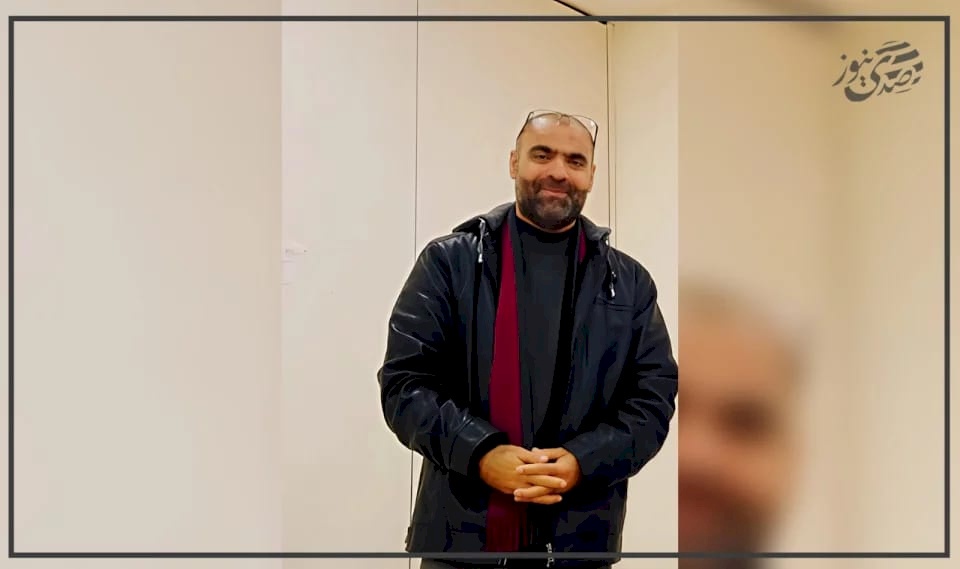
The Psychological Resilience of the Palestinian Teacher in the Eye of the Storm: Emotional Intelligence as Fuel for Resistance Education
In the midst of the systematic destruction and rampant violence perpetrated by the Israeli barbaric machine against the entire Palestinian people, the role of the Palestinian teacher emerges not only as a conveyor of knowledge, but as a psychological fortress and a symbol of existential steadfastness. The Palestinian teacher faces unique existential challenges, where classrooms – if they exist – are transformed into arenas for daily resilience and tales of heroism, curricula turn into tools for instilling identity in the face of prolonged attempts at erasure, and educational interaction becomes a process of collective healing. Here, emotional stability becomes not just a desirable personal trait, but a necessary condition for survival and educational efficacy, manifesting as a daily act of resistance against the terrorism of the occupying state that targets mind and spirit before the body.
This condition requires the Palestinian teacher to embody "psychological resilience" in its deeper sense, which is the ability to adapt positively despite repeated trauma and chronic threat. This resilience does not mean a lack of impact or detachment from legitimate human emotions of sadness, anger, and fear, but rather managing these emotions within a high level of "emotional intelligence". This is reflected in the teacher's ability to organize their own emotions, interpret the complex psychological needs of their students who share the same nightmare, and transform the classroom into a relatively "psychologically safe space" that provides emotional support and a sense of security and continuity amidst the chaos. The teacher here bears a dual burden: the burden of a wounded and nearly exhausted self, and the burden of healing the psychological wounds of their students, which necessitates "collective emotional regulation" as a vital educational strategy, where they provide a model of relative calm and focus, thus steering the sail of hope amidst the storm.
From an educational philosophical perspective, the Palestinian teacher’s practice under bombardment embodies the living concept of "resistance education" or "liberation education" as articulated by Paulo Freire. Education here becomes a profoundly existential political act, challenging policies of extermination, exclusion, and racism. The emotional steadiness of the teacher is the fuel that enables them to transform the learning space – no matter how fragile it seems – into a space of cultural and psychological resistance consciously, where maintaining educational routines as much as possible and focusing on critical thinking, history, and identity become forms of resistance against the brutal force that seeks to crush Palestinian will and memory. It is a steadfastness that stems from a steadfast "value commitment" to learning and education as a fundamental right and a tool for preserving human dignity and building a future, despite all attempts at distortion and destruction.
Enhancing this inner resilience requires indispensable institutional and community support, through ongoing and specialized "psychosocial support" programs for the teachers themselves, and providing "professional safety networks" that enable them to share their experiences and receive peer support. Additionally, community and international recognition of their heroic role as "protectors of education" under circumstances classified as "systematic violations of the right to education" serves as a form of moral support. Nevertheless, the essence of the emotional steadiness of the Palestinian teacher remains rooted in their firm belief in the value of human beings and their dignity, their organic connection to their land and people, and their conviction that every letter they write, every reassurance they offer to a frightened student, and every moment they continue to give despite their own needs, is a silent victory over the logic of murder and destruction, and a continuous construction of a future that refuses to be stolen despite all the devastation.

Huckabee's Statements Reveal the Falsehood of Trump's Peace and Reinforce Religious Confli...

Licensed Occupation by Law

Whoever Does Not Plant Hope, Plants Departure...

Between "Here is Jerusalem" and "Here is Gaza" ... The Voice of a Nation and the Steadfast...

While some count the boos, Palestinians count their martyrs.. Paradoxes of the internation...

When the Palestinian Issue is Reduced to Gaza Management

Legally Licensed Occupation

